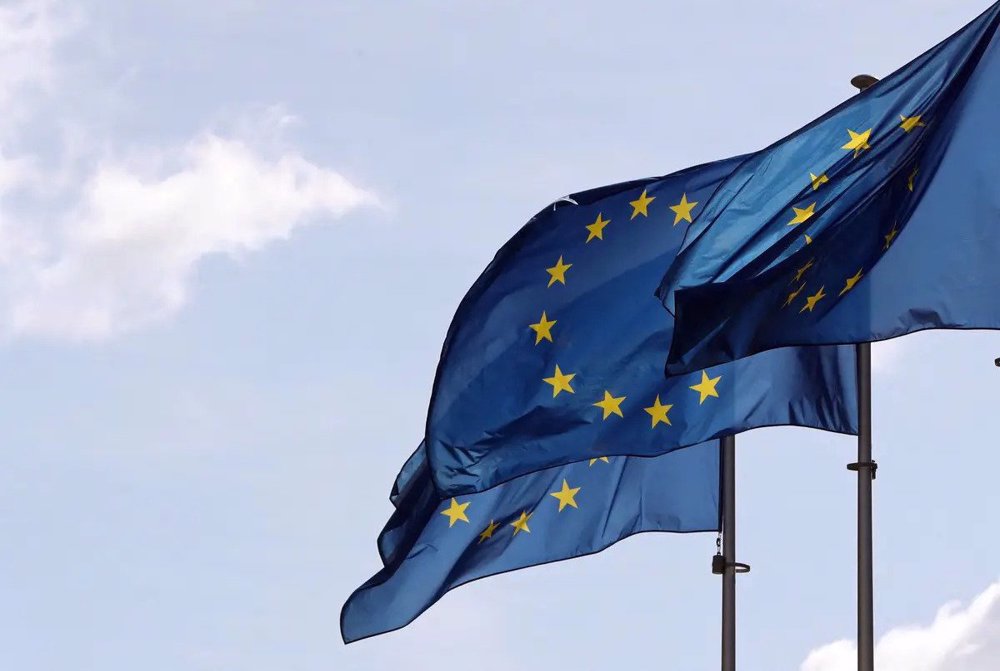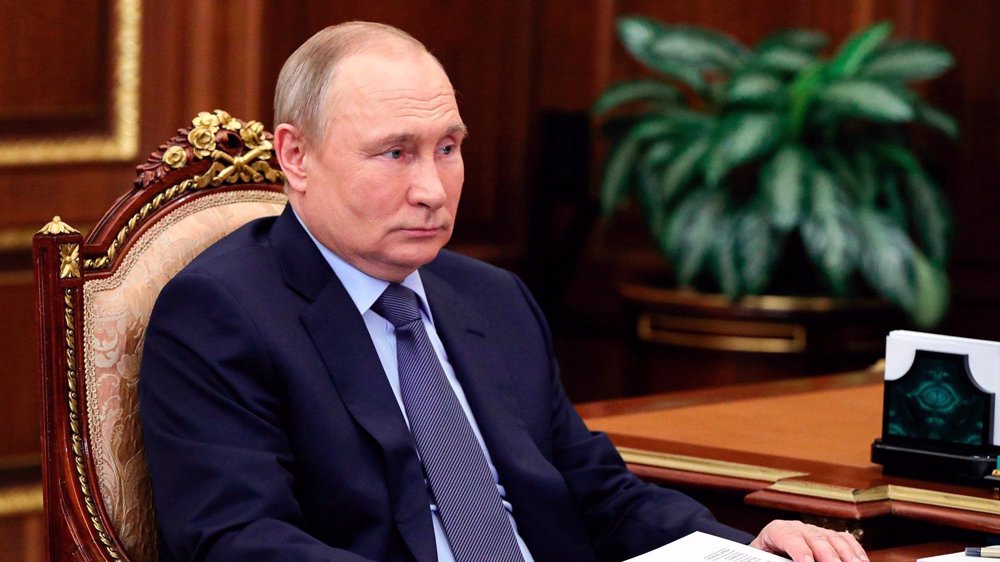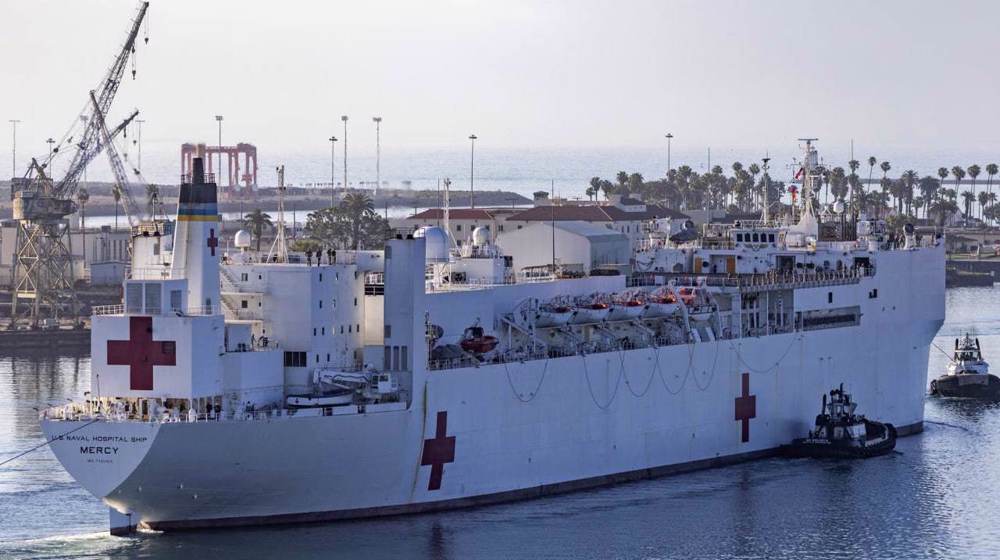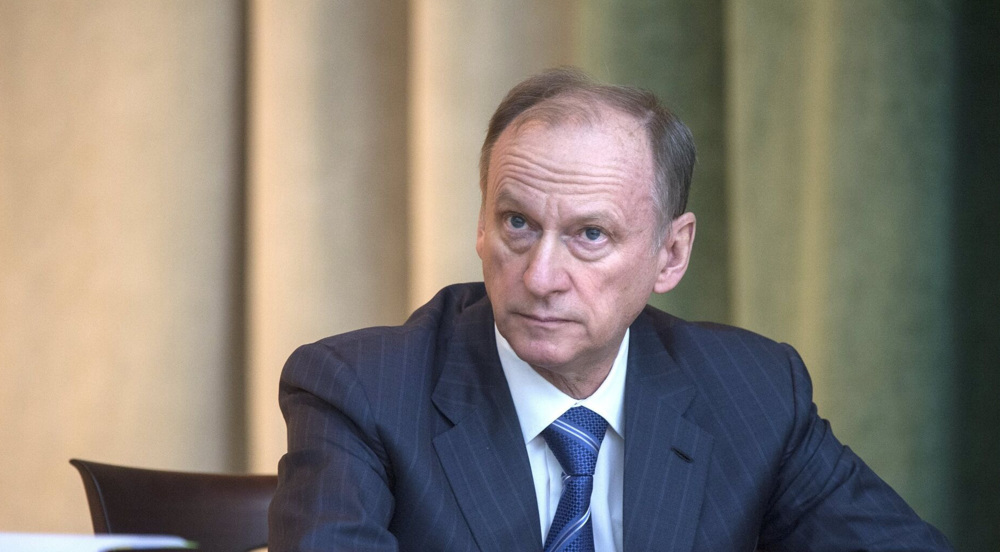EU sharply cuts eurozone growth forecast for 2022, pins blame on Ukraine conflict
The European Commission has substantially reduced its eurozone growth forecast for the year 2022, placing the blame on Russia’s military operation in Ukraine for the skyrocketing energy prices.
The commission announced on Monday that for the EU as a whole, including the eight countries that do not use the euro as their currency, the forecast growth was four percent in February, but it is currently standing at 2.7 percent.
The commission also said the Ukraine conflict spurred the EU's executive to revisit its eurozone inflation prediction for 2022, with consumer prices forecast to jump by 6.1 percent year-on-year, much higher than the earlier forecast of 3.5 percent.
"There is no doubt that the EU economy is going through a challenging period due to Russia's war against Ukraine, and we have downgraded our forecast accordingly," EU executive vice president Valdis Dombrovskis said.
"The overwhelming negative factor is the surge in energy prices, driving inflation to record highs and putting a strain on European businesses and households," he added.
The sharp reduction in expectations is in line with the forecast made in mid-April by the International Monetary Fund, which predicted 2.8 percent growth for the eurozone this year.
The 27-member bloc warned that the course of the Ukraine conflict was highly uncertain and that the risk of stagflation remained a real risk going forward.
"Our forecast is subjected to very high uncertainty and risks," EU commissioner Paolo Gentiloni told reporters. "Other scenarios are possible under which growth may be lower and inflation higher than we are projecting today. In any case, our economy is still far from a normal situation."
The European Central Bank is increasingly expected to increase interest rates in July to tackle the soaring inflation, with critics warning that this could put a brake on economic activity at a time that the economy faced the headwinds from the conflict in Ukraine.
Russian President Vladimir Putin declared a “special military operation" in the former Soviet state in late February.
The Untied States and its allies have stepped up military support for Ukraine, sending an array of sophisticated weapons meant to hold off Russia's rapid advances. The operation has also drawn unprecedented sanctions from the US and its European allies.
Putin has repeatedly warned that such a flow of weapons to Kiev will prolong Russia’s operation. But diplomats from the G7 wealthy nations — Britain, Canada, Germany, France, Italy, Japan, the United States and the European Union — said in a joint statement earlier on Saturday that they would continue their military and defense assistance for “as long as necessary.”
Settlers served lavish lunch in Israeli prison holding fasting Palestinians
VIDEO | Press TV's news headlines
Hezbollah says won’t hesitate to take proper action against aggression
Iran to US: Sanctions and war failed; try diplomacy and respect
VIDEO | Afghanistan-Pakistan tensions rise after cross-border strikes
Israeli settlers set mosque ablaze in West Bank during Ramadan
Nouri al-Maliki vows not to withdraw bid for Iraq’s premiership
OIC calls emergency summit as Israel accelerates West Bank expansion











 This makes it easy to access the Press TV website
This makes it easy to access the Press TV website